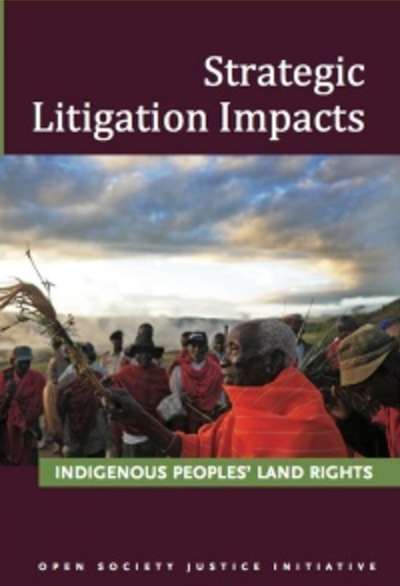Dynamique démographique et développement rural au Burkina Faso: Des progrès grâce à la crise?
Peu de pays sont plus caractérisés par la migration et ses répercussions que le Burkina Faso. Au cours des 40 années qui ont suivi l’indépendance, la moitié de la population a fait l’expérience de la migration, qu’il s’agisse de migration transfrontalière de main-d’œuvre (essentiellement vers la Côte d’Ivoire) ou d’une réinstallation permanente dans le pays même (d’une zone rurale à une autre).



